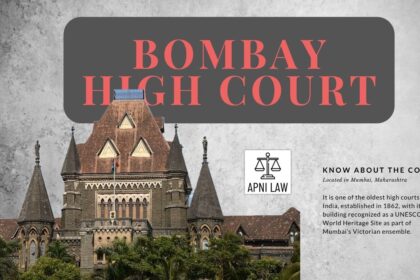CrPC Section 1: Short Title, Extent, and Commencement – Indian Code of Criminal Procedure
This section lays the foundation for the Indian Code of Criminal Procedure, 1973 (CrPC). It defines the name, scope, and effective date of the legislation.
1. Quote the Code
“1. Short title, extent and commencement.-
(1) This Act may be called the Code of Criminal Procedure, 1973.
(2) It extends to the whole of India except the State of Jammu and Kashmir.
(3) It shall come into force on the 1st day of April, 1974.
2. Explanation
(1) Short Title: This part declares the formal name of the Act as the “Code of Criminal Procedure, 1973.” This name is used for referencing the legislation.
(2) Extent: This part specifies the geographical area where the Act is applicable. It covers the entire India except for the state of Jammu and Kashmir.
(3) Commencement: This part indicates the date on which the Act came into force, which is April 1, 1974.
3. Illustration
For instance, if a crime is committed in Delhi, the CrPC would be the governing law for the investigation, trial, and punishment of the offender. This is because Delhi falls within the extent of the Code, as defined in Section 1.
4. Common Questions and Answers
Q: Why is there an exception for Jammu and Kashmir?
A: Jammu and Kashmir had its own separate Criminal Procedure Code, which was later repealed and replaced by the CrPC in 2019 after the state’s special status was revoked.
Q: Can the CrPC be amended?
A: Yes, the CrPC, like any other legislation, is subject to amendments. These changes are made by the Indian Parliament to modify, update, or clarify provisions within the Code.







